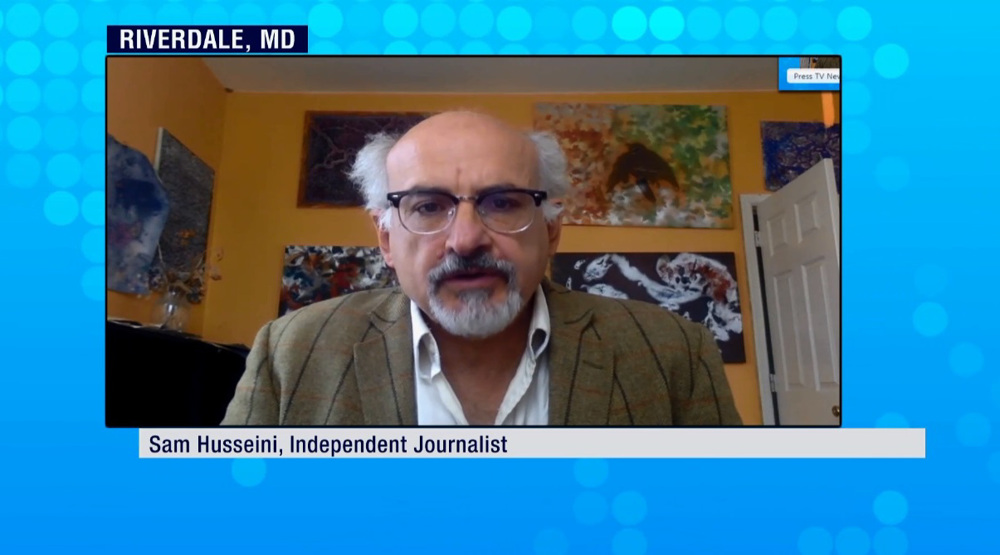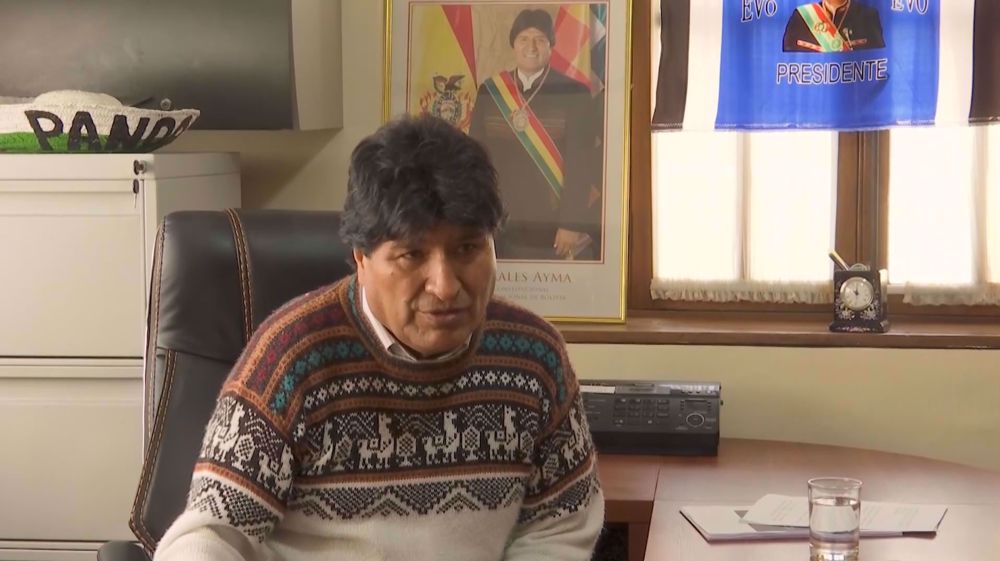Wage stagnation basis for US economic stall: Analyst
Press TV has conducted an interview with Frank Emspak, a member of the Workers Independent News in Madison, about thousands of fast-food workers in the United States calling for a pay raise and a union during a protest outside McDonald's headquarters in Chicago.
The following is a rough transcription of the interview.
Press TV: Fifteen dollars an hour minimum wage, is that too much to ask for?
Emspak: It is the minimum. It is not a living wage. That is different. When you calculate the cost of living meaning rent, the ability to get medical care, the ability to go to school, food and transportation in most large or medium size American cities, a minimum wage is 15 dollars to cover those things.
If you wanted a living wage, it is something so you could take a vacation once in a while or maybe to go to movies twice a week or something like that, then you are talking about more. So we are talking about a minimum here. We are not talking about living in luxury. We are also talking about a wage that will get people off of public assistance. These companies survive because more than half of their employees are eligible for Food Stamps because they are not earning enough money working full-time. So, 15 dollars is not heaven.
I think what is significant based on your earlier discussion with the OECD (the Organization for Economic Cooperation and Development) is this. We have wage stagnation in this country. You cannot have a country based on consumer consumption and then not pay anybody. It does not work. And that is really the basis for the economic stall here and I think it does raise the question you raised earlier. It is definitely the anti-austerity, anti-neoliberal plan. We have got to do something different and the workers who know whatever the OECD says or McDonald’s or the government for that matter, the workers are saying finally, 'we have had it, we cannot live this way,' and that is always what has created change here and we are seeing it again.
Press TV: Well will this also require more regulation and maybe even restrictions on the way corporations continue to operate in countries like the US?
Emspak: I do not think it requires more restrictions. They are already there. It requires taking them seriously. We have a national minimum wage law in this country; it is 7 dollars and 25 cents an hour, which is less in real terms than it was in 1960. So if ... we are going to have a federal minimum wage of 15 dollars an hour, that regulation is in place, the amount is what is different. Likewise we have wage theft protections in this country, but if they are not enforced and companies do not pay properly or they classify millions of workers as independent contractors when they are not and nothing is done, then it is not a question of regulation, it is a question of a political movement to enforce the regulations we have.
AHK/HSN
UN expert calls for arms, oil embargo against Israel
VIDEO | Press TV's news headlines
Iranian police drone strikes kill 2 terrorists in Sistan and Baluchestan
VIDEO | TikTok ban
VIDEO | In Nigeria, more than 100 inmates escape after rain damages prison
Russia says weighs downgrading ties with US if assets are seized
Houthi: US complicit in all Israeli crimes against Palestinians in Gaza
‘Europe could die’, President Macron warns at Sorbonne University









 This makes it easy to access the Press TV website
This makes it easy to access the Press TV website